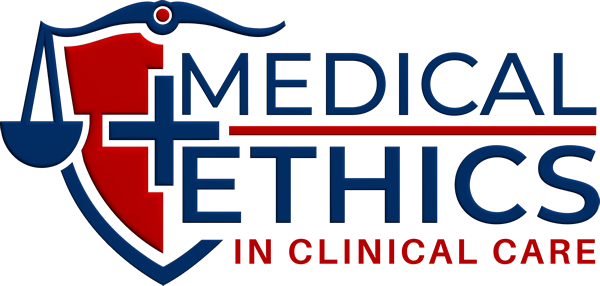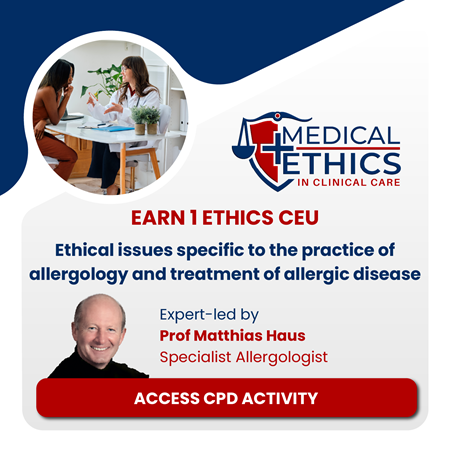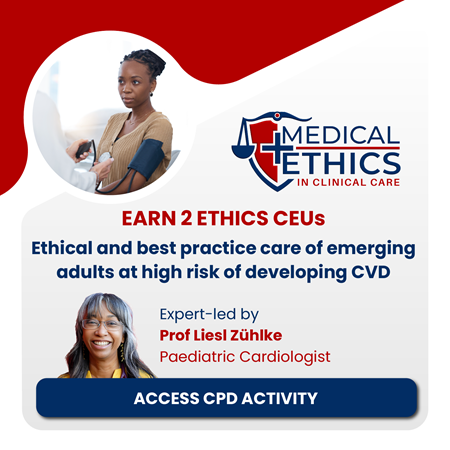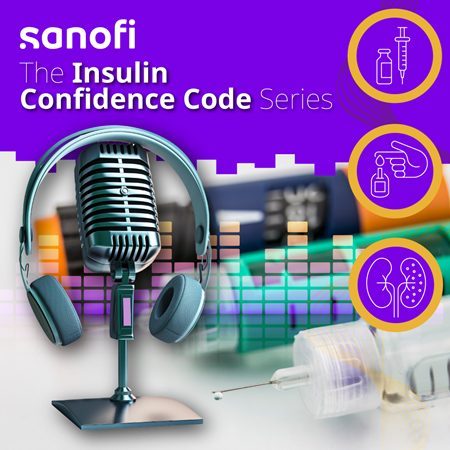Medical Ethics in Clinical Care - Donation and transplantation ethics
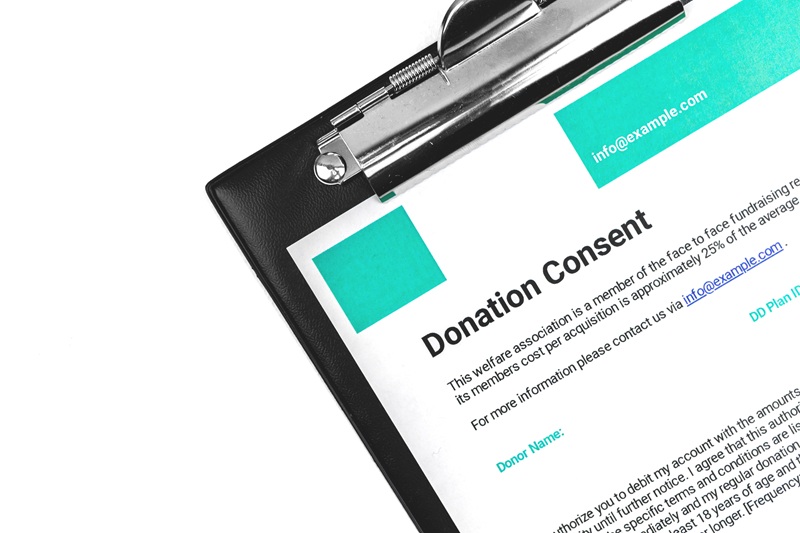
- Cost: R590 for the full Ethics Series
- CPD Points: 2 Ethics CEUs
- Retries: 3 attempts
- CPD accredited in South Africa
- Free certification
- Access on desktop, tablet and mobile
- Access from anywhere
- No time limits, work at your own pace
Dr David Thomson, critical care sub-specialist and transplant surgeon at UCT and Groote Schuur Hospital, outlines the philosophy and evidence behind South Africa’s organ donation policy. He emphasises its ethical and legal soundness, the importance of separating end-of-life and donation conversations, and explores palliative care and non-beneficial treatments within best practice principles.
![]() Learning Objectives
Learning Objectives
You will learn:
- Donation pathways
- What can be donated
- End-of-life care and the importance of communication
- Consent
- Ethical principles of beneficence, non-maleficence, autonomy and justice as these ethical pillars relate to organ donation and transplantation.
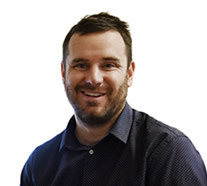
 Meet our expert
Meet our expert
Dr David Thomson
Critical Care Specialist and a Consultant Surgeon, Groote Schuur Hospital
Dr David Thomson is a critical care specialist and a consultant surgeon in the Transplant Unit at Groote Schuur Hospital. He is a lecturer at the University of Cape Town. David completed his undergraduate medical training in Durban at the University of KwaZulu-Natal. He went on to specialise in surgery at the University of Cape Town, completing his FCS in 2011, MMed in surgery in 2012 and a critical care fellowship in 2015.
He was the winner of the Bunny Angorn prize in Surgical Research and was awarded the Garron Caine Travelling fellowship spending time in Boston, USA at Massachusetts General Hospital, Brigham and Women’s Hospital and the Harvard Centre for Surgery and Public Health. He works between the Critical Care Department and the Transplant Unit performing kidney and liver transplants and ICU rounds.
He has an interest in promoting organ donation and transplantation, specifically through education projects and by refining hospital systems to ensure all potential donors are adequately assessed and managed and that the families are appropriately counselled.
